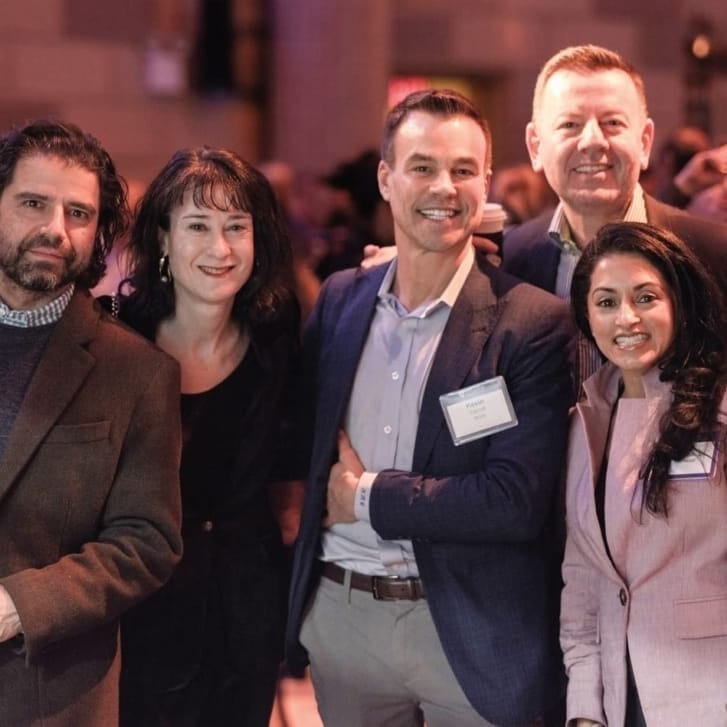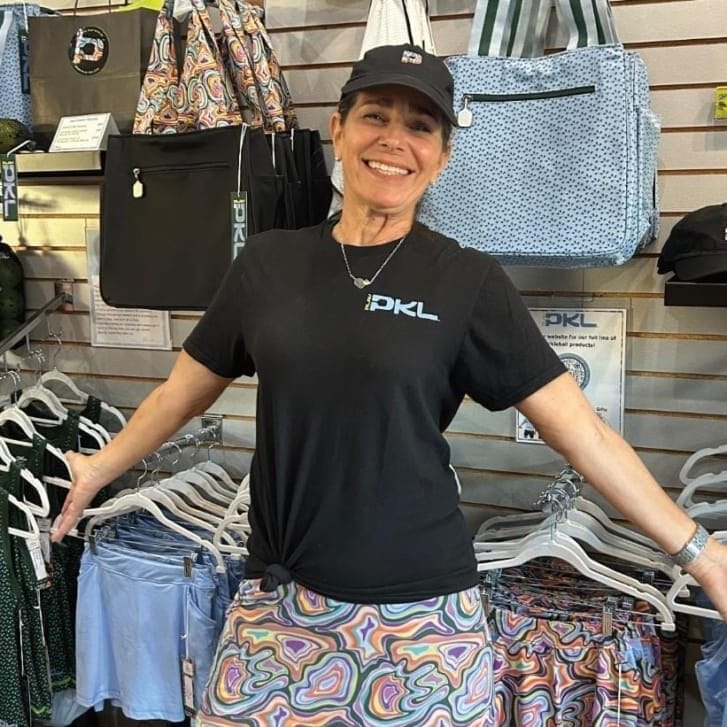If small businesses are the lifeblood of the U.S. economy, then the entrepreneurs’ resilience behind them drives our nation’s pulse. In their hands, we find community hubs, breeding grounds for innovation, and employment for some 60 million people. But within the grips of the COVID-19 pandemic, the small businesses that surround us — accounting for more than 99 percent of all U.S. businesses — are engaged in the fight of their lives.
Despite today’s harsh reality, I’m optimistic. Why? Because we have found ourselves in the presence of a unique opportunity to right the course, amplify an otherwise silenced voice and meet our collective call to action.
The Future-Builders Behind Small Businesses
In 2020, small businesses employed almost half of the U.S. workforce. Businesses led by multicultural and female entrepreneurs continued to grow, offering a boon to the nation’s competitive advantage. Over the last decade, minority-owned business enterprises accounted for more than 50 percent of new business startups, yet they only encompass 18 percent of those who remain today. It’s important to ask, why is that? The reality is that minority-owned businesses still face a disparity in connecting with opportunities and accessing capital.
Shining a light on gender will reveal that the number of women-owned businesses has enjoyed a growth rate that is more than double the national average. A breadth of research on the flourishing rates of women- and minority-led companies has given cause for an optimistic view of what lies ahead. But especially in these unprecedented times, much more remains to be done to provide the means and encouragement to see this demographic shift come to full fruition.
Understanding the Problem
With or without the novel coronavirus, entrepreneurship is not for the faint of heart. Under normal circumstances, 20 percent of small businesses fail within the first year, and by the end of their fifth year, that number jumps to around 50 percent. When we examine the reasons behind such losses, we find that access to capital and adequate planning are pivotal lynch-pins. The recent hurdles posed by the pandemic-related recession have made the availability of funding all the more important as businesses have quickly adapted to fast-changing realities. Even so, it is clear that access doesn’t always mean success.
Structural problems manifest rapidly during crisis times. We don’t always have the time or luxury of going back to the drawing board. Instead, we must reinvent and build a new future.
Time to Double Down
So, why do we need to double down on supporting small businesses — and in particular, why do we need to act on behalf of women and minority-owned businesses? A late-summer report from Goldman Sachs highlighted that 88 percent of U.S. small-business owners had exhausted their Paycheck Protection Program loan. Still, two-thirds of the innovative entrepreneurs at the helm of these enterprises had pivoted to new revenue sources or adapted their business models. It is clear that we must operate with a new but intentional sense of urgency. The gaps in the current system can only be fixed through collaboration and innovation within the ecosystem.
The Global State of Small Business Report, based on the Future of Business Surveys gathered by Facebook, indicates that despite the challenges faced, small business closure rates spanning the course of the pandemic are decreasing. Throughout this journey, female and minority-owned businesses have borne the brunt of losses. It’s time to release the shackles of tighter credit availability, lower approval rates, and higher interest so that our fastest-growing small business demographics can continue to shine.
Seeking Solutions
As small businesses adopt new operating models, leap into the digital realm, and meet new demands of health and safety regulations, their already-stretched margins struggle to match these new financial demands. The Small Business Pulse Survey from the United States Census Bureau reveals that small businesses are increasingly identifying a need to access more capital. The superpowers unleashed by liberating a healthier financial flow can be boosted further by providing better financial and business analytics.
The decade-long collaboration of traditional models and newer innovations combined with the awakening of our nation’s consciousness tells us this — we collectively hold the power to fuel transformation. Siloed models of capital distribution, allocation, and ultimately, wealth attainment should be upturned to benefit more people. I started GenEQTY based on the belief that a new mission and platform-based infrastructure could be applied to the financial sector to further enhance many lives. The purposeful use and capture of additional kinds of financial and non-financial data like invoice payments, purchase orders, cell phone records, and other forms of one’s digital footprint, will widen the scale and scope of financial products.
At GenEQTY’s inception, I could never have anticipated the extent to which financing small businesses would be at the core of the challenges we now witness. By making these resources accessible today, we can prevent businesses from failing in the middle, allowing the nation to keep its stride. Better yet, we can harness this moment of crisis to remedy historical inequities and close the wealth gap as our economy rebuilds.
Now Is the Time
Nobody can deny that this is an extremely challenging time, or that it has already claimed many casualties — in a multitude of ways. What fuels my sense of hope and the urgency of our mission is that small business owners remain optimistic despite the hardship of the year behind us. Both the Future of Business Survey and research from the National Federation of Independent Business reveal a resilience of spirit among entrepreneurs that deserves both support and recognition.
The COVID-19 pandemic offers a silver lining that may yet outshine the immense challenge it has posed: a chance to close the wealth gap, remove societal obstacles, and provide confidence, clarity, and capital for the business owners of tomorrow. This is our charge, and we welcome the partnerships from all ends of the financial ecosystem ready to engage. Now is the time.
Dionne Gumbs C00 WEV01 is the founder and CEO of GenEQTY, a financial platform on a mission to close the wealth gap and build meaningful wealth for women and multicultural business owners. She has over two decades of experience in the financial industry, including leadership roles at J.P. Morgan, Alliance Bernstein, and Bank of America.


























